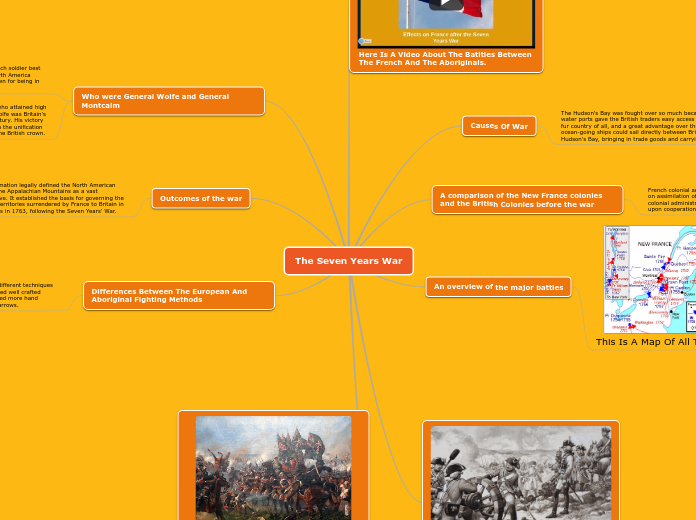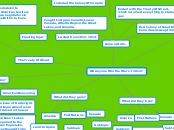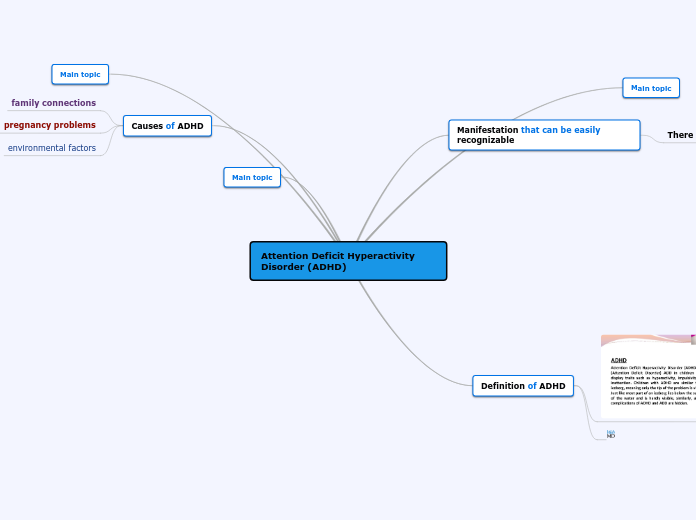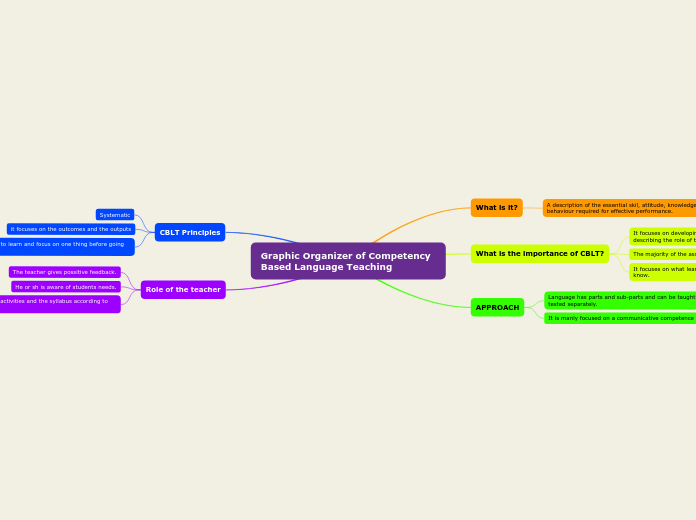par Massimo Cantanna Il y a 4 années
741
The Seven Years War
The Seven Years' War involved significant battles between French and British forces, prominently featuring Generals Wolfe and Montcalm. Montcalm led French forces in North America, whereas Wolfe, a celebrated British general, achieved a notable victory at Quebec in 1759, unifying Canada and the American colonies under British rule.









